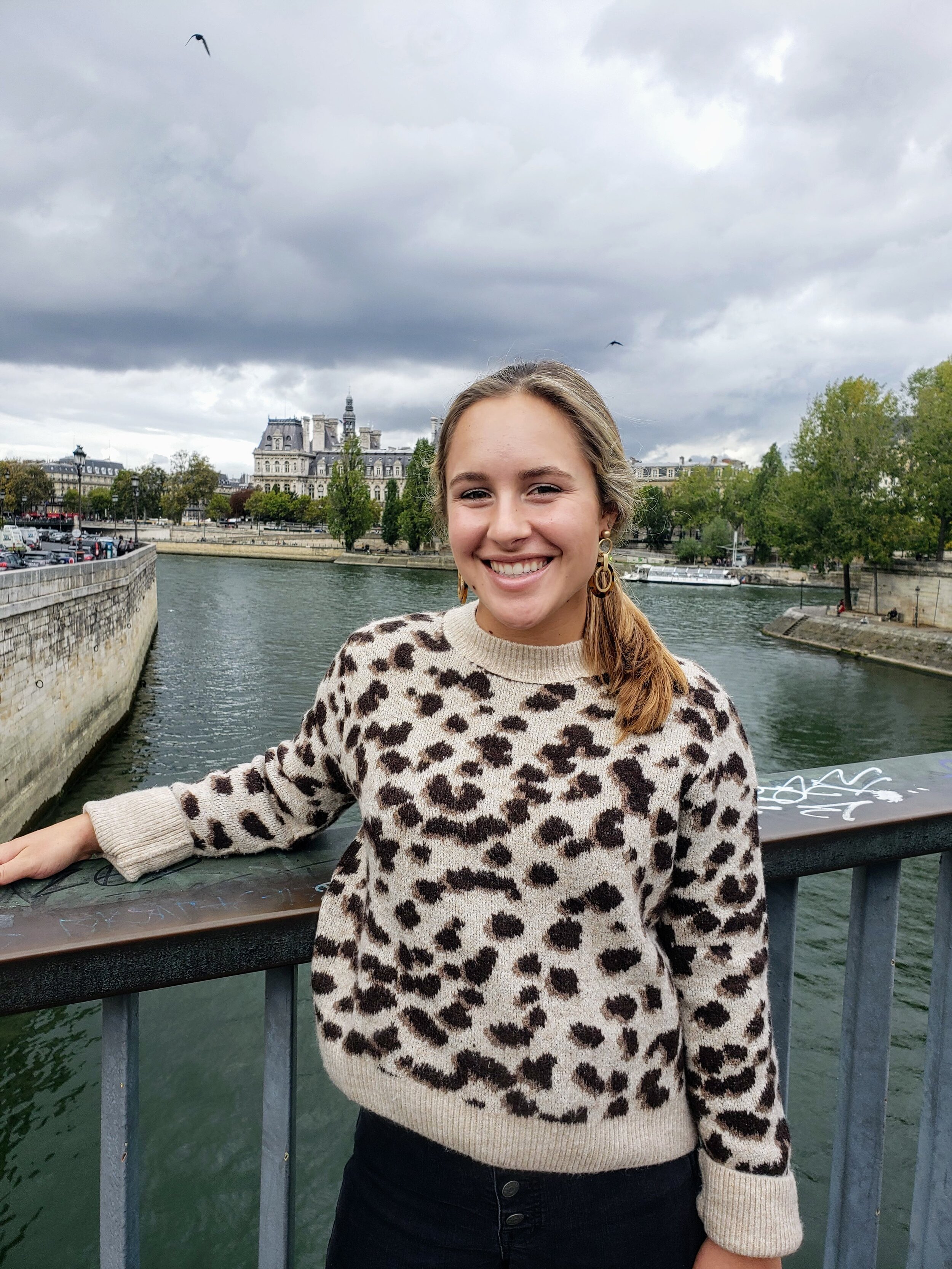
Lelia Battle
CLAS ‘21
Spanish
Early this past spring, I walked into the SE@UVA office on my way to and from class hoping to find answers to my questions about this new Tadler Fellowship my professor in Impact Investing promoted. There, I sat down with Laura Toscano who graciously took the time to explain the program and convince me to submit an application. Walking out of the office that day, excited about a potential summer experience, I knew nothing of the impact the fellowship would have on me.
Thanks to funding from the Tadler family I, along with another UVA student Hannah Zaveri, spent this past summer working remotely for Appalachian Voices, a regional grassroots advocate that is leading the transition from fossil fuels to a clean energy economy. As fellows, we were responsible for researching two big topics… The first, to research viable pathways to integrate non-grant financing sources into the coal land restoration and redevelopment strategy. The second, to provide specific recommendations for how they can develop and implement Community Benefit Agreements (CBAs) into existing or developing projects to effectively incorporate Just Transition principles in land restoration projects.
“I started out the summer with the broad idea of ‘there’s this land in Appalachia that’s been ravaged for coal and there are people in this region who have been exploited for labor. How can the community make right many of these wrongs?’”
I started out the summer with the broad idea of ‘there’s this land in Appalachia that’s been ravaged for coal and there are people in this region who have been exploited for labor. How can the community make right many of these wrongs?’ Loopholes have historically allowed for coal companies to get away without remediating the land on which they mined which leaves the cost of cleanup to nonprofits dependent on government and foundation grants. Additionally, the $10 million dollars Virginia allocates to Abandoned Mine Land (AML) cleanup is limited in scope of what qualifies as AML and is insufficient to cover the need in the impacted regions. In this sense, I found our assignment to seek out more innovative financing for remediation projects and to explore legal mechanisms with which to hold developers accountable to be incredibly meaningful and impactful. Our concluding webinars convened experts on all sides of these topics. On the demand side, we talked to social enterprises and nonprofits such as Rural Action and Coalfield Development are in the business of mine land reclamation. And on the supply side, we heard from financial institutions, investment funds, and consultants such as Coastal Enterprises, Invest Appalachia, and Opportunity Virginia match capital with rural development projects.
While I am thrilled to have gained so much valuable and relevant technical knowledge of the coal mining industry, the economy in Central Appalachia, and the Just Transition movement, most impactful to me was the mentoring from my supervisor, Adam, at Appalachian Voices, from my peers, and from Laura and others in the SE@UVA office. For instance, in order to successfully pull off two Zoom webinars, we relied heavily on the networks available at UVA and Appalachian Voices, and advising from Adam as we reached out to industry leaders to present during the webinars and prepared our own presentations.
Summer 2020 has indeed presented unprecedented challenges for schools, businesses, students, and so many others, but SE@UVA and Appalachian Voices exceeded my expectations in their abilities to communicate, engage, and mentor. I am grateful that this fellowship gave me the opportunity to stretch my skills and produce tangible work. Hannah and I are continuing to work on a new project with Appalachian Voices and we look forward to passing the project off to the next Tadler Fellow.